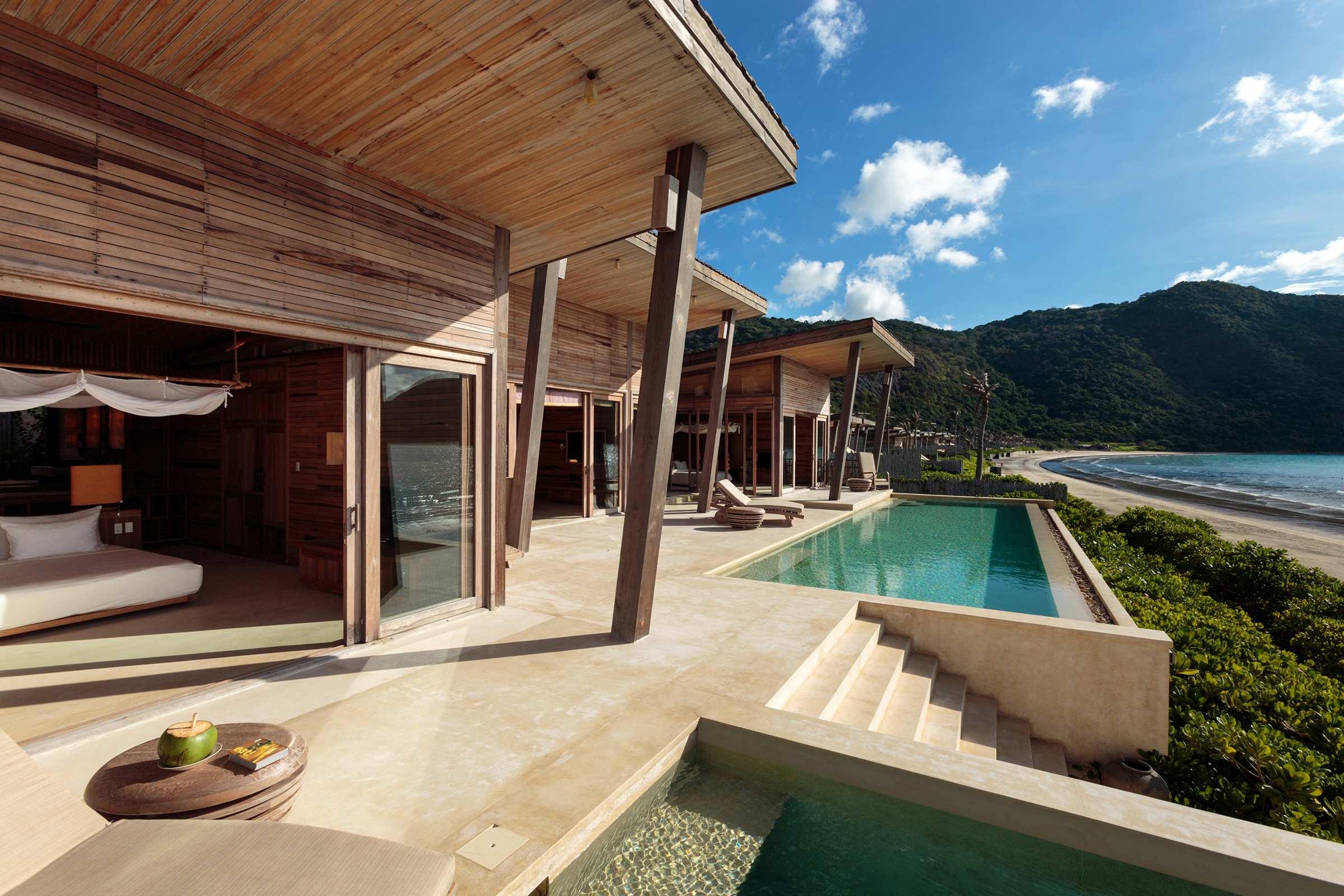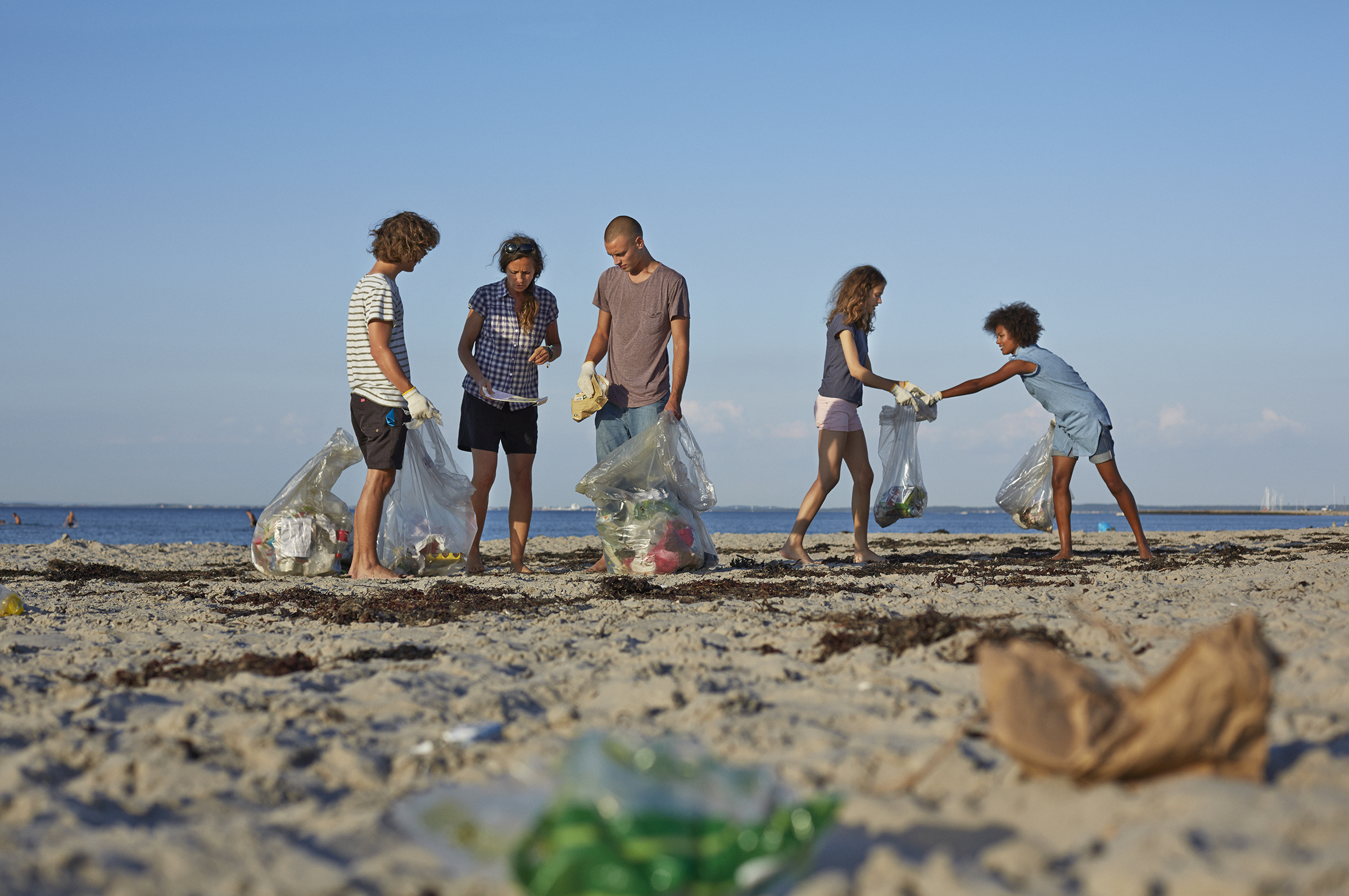Top tips for the eco-conscious traveller
Suzanne King
Travel writer and editorThere’s no denying that the most eco-friendly way to travel is, well, not to travel. While you can choose to stay at home composting and recycling your days away, there’s still a wonderful world out there begging you to explore it. So don’t admit defeat on the green front. Try these easy-to-achieve tips to help ease your eco-guilt and be the best green traveller you can be
Pre-trip planning

Hands up: aviation is a major cause of carbon emissions – but there are ways to fly greener. If you have a choice of airlines to your destination, research their corporate and social responsibility commitments to see what efforts they’re making to become more sustainable. Investing in new, more energy-efficient fleets and fitting winglets to their planes to reduce drag and save fuel are good signs. However, some airlines are also looking at the bigger picture, making greater efforts to recycle on-board waste, using cleaner ground vehicles or ensuring that support companies like catering suppliers also conform to strict sustainability standards. Pick the airline that most suits your greener needs.
You can also do your bit by taking direct flights wherever possible, and using e-tickets and boarding passes, rather than printing them out, also helps.. Flying economy earns you eco-brownie points because economy seats maximise airplane space, giving these passengers a lower carbon footprint. Work to pack light in order to help reduce overall plane weight, and download e-maps and guidebooks rather than lugging around the massive paper versions.

Choosing the right place to stay is another way to help out the planet. While many hotels are trying to operate in a more environmentally-friendly way, some are achieving this with higher success. If a hotel just says it’s green or eco-friendly, take it with a pinch of salt. Look for specific information about the steps they’re taking to improve their performance like details about how they have, say, installed intelligent lighting, ditched bottled water in favour of filtering their own, replaced mini bathroom toiletries with large, refillable bottles or switched to a keycard system that automatically turns off lights and air con when guests leave their rooms. Look out, too, for third-party certification from the likes of Green Globe, Green Key and LEED, all evidence of eco-achievements. Six Senses Con Dao Vietnam (pictured above) has won numerous awards for green design and sustainability – unmistakable evidence of their commitment to environmentalism.
Going somewhere hot? Make sure you take environmentally-friendly, biodegradable products that won’t contribute to the pollution of sensitive ecosystems. You can also take your own reusable water bottle (where tap water is potable), so you won’t add to the ever-growing mountains of discarded plastic bottles.
Before you leave home, adjust your thermostat so you’re not wasting energy by over-heating or cooling an empty house, and unplug electrical appliances, including TVs and computers. If you’re planning to be away for a significant amount of time, look into setting up a wireless device that allows you to control everything from your thermostat to plugs, and more, through your mobile device – even if you’re miles from home. This way, you could turn the temperature down low when you’re away on holiday to save energy, then turn it back up the day you arrive home. Convenience and comfort all in one.
While you’re away

Once you’re away, don’t suddenly abandon any green habits you have at home. If you don’t change your towels and linens on a daily basis at home, try to avoid doing so on holiday too. Keeping the same linens throughout your stay has a big impact on a hotel’s use of water and detergents. If there isn’t a card in the room explaining how to opt out of daily changing, let housekeeping know you want to keep the same ones, or, if you prefer, you can put the ‘do not disturb’ sign on your door whenever you go out so they’ll leave things as you left them.
Just like at home, if there are any electrical appliances in your hotel room that you’re not using, unplug them, and avoid using air conditioning as much as possible. If you do use it, adjust the temperature to a reasonable level and turn it off when the windows are open. If it’s hot outside, keep the room naturally cooler by closing the curtains when you go out for the day.
Keep your use of water consumption as low as possible by taking quick showers instead of baths. That way, you’re not just saving valuable water but also the energy used to heat it. Remember to avoid leaving the tap running while you’re brushing your teeth or shaving, too.

Obviously, the way you choose to explore your destination will have an environmental impact. Consider whether you could get around by public transport instead of hiring a car on holiday, which is more eco-friendly, cheaper and often faster. If you just can’t shake off the rental car habit, use companies with newer, more energy-efficient fleets and, if you can, opt for a hybrid or electric vehicle.
Even better, walk everywhere or take advantage of the free (or cheap) bike hire schemes available in cities everywhere from Adelaide to Albuquerque. You can even book a walking tour with a local guide who can introduce you to a particular neighbourhood in more detail.
In coastal resorts, you’ll be doing the world a favour if you avoid motorised water sports and opt for gentler, less disruptive pursuits such as kayaking, snorkelling and hiking. Stay away from the golf course if you can, especially in areas that are known to have major problems with water supplies. Golf courses guzzle water and require huge amounts of fertilisers, pesticides and herbicides to keep them in punter-pleasing condition.
Many hotels offer programmes for guests to spend time contributing to a worthy cause or meeting the local community. You can participate in options such as helping to build a school, planting crops or collecting rubbish from the shoreline, genuinely creating a positive effect on the community and on your holiday. If you’re paying for the privilege, check where the money’s going – you want to be sure it’s going to the community rather than into the hotel coffers.
You can also help the local community by spending your money in eco-conscious ways. Shop at farmers’ markets or small independent stores rather than big chains and supermarkets; eat at locally-owned places, and drink locally-produced spirits, wines and beers rather than those made by big international brands. When it comes to souvenirs, look for locally produced arts and crafts rather than mass-produced items flown in from thousands of miles away. Be wary, too, of any products that could come from endangered plant and animal species, even if the seller claims they’re antiques; opt, instead, for goods made from recycled or renewable local materials.
If you’re ready to put these green techniques to work on your next holiday, start planning and begin your search here.




